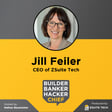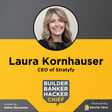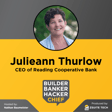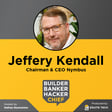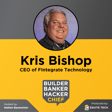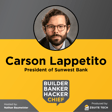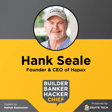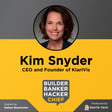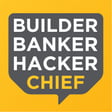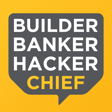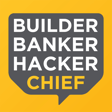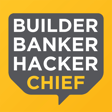
Burt Hicks – Unknowable potential, understanding what really matters, and the thrill of winning together | Episode 5
Welcome to episode five of Builder, Banker, Hacker, Chief! Our guest is Burt Hicks, President and Chief Strategy and Growth Officer at Encore Bank, a modern boutique bank that aims to be the best bank, not the biggest.
On this show, I’m unpacking the stories, decisions, and influences that make people successful leaders. Burt has the résumé of a dyed-in-the-wool banker, but his global perspective and understated competence make him the kind of leader who turns tiny ripples into big waves.
My name is Nathan Baumeister; I am the Co-founder and CEO of ZSuite Tech and the host of this podcast.
You could easily mistake Burt for a salt-of-the-earth banker from Arkansas who has never strayed more than a day’s drive from his hometown – content to build deep roots in one place. But that’s not Burt Hicks. He earned his law degree while studying and working in Africa and Southeast Asia, he also worked at Merrill Lynch in New York City during the height of the financial crisis. He’s a husband and father, who is also an avid solo outdoorsman.
Burt had the ambition to run a bank from a young age, lured by the wealth and influence it offered. Now that he’s helping lead one of America’s fastest growing financial institutions, it isn’t prestige that drives him – it’s helping the team win, regardless of who gets the credit.
The privilege of spending an hour with Burt to learn from his adventures in life and work is something that I’m honored to share with you.
Resources:
Burt’s book recommendation:
Connect:
